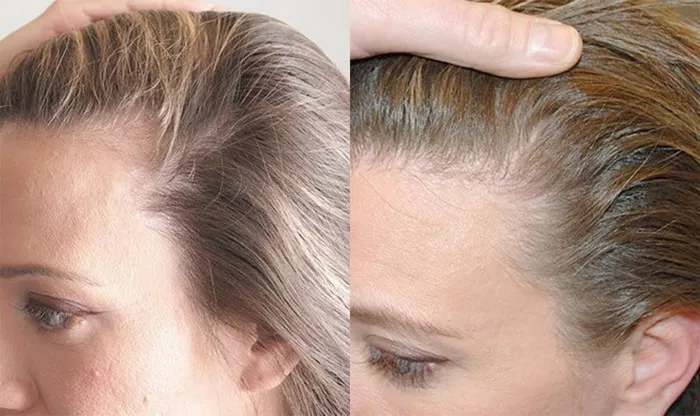Undergoing a hair transplant is a transformative journey towards regaining a fuller head of hair. After the procedure, it is crucial to follow a proper hair care regimen to support the healing process and promote optimal hair growth. One question that often arises is how often to wash the hair after a hair transplant. In this article, we explore the ideal frequency for hair washing after a transplant, taking into account factors such as scalp condition, surgical site healing, and individual needs. Join us as we unveil the secrets to striking the perfect balance, ensuring a clean and healthy scalp while nurturing the newly transplanted hair for exceptional growth.
The Importance of Hair Washing after a Hair Transplant:
Proper hair washing is a vital aspect of post-transplant care. It helps maintain scalp hygiene, prevents infection, and removes excess oil, dirt, and debris that can accumulate in the surgical areas. Additionally, gentle cleansing can promote a healthy environment for the transplanted hair follicles, allowing them to thrive and grow.
Gentle Cleansing Techniques:
When washing your hair after a hair transplant, it is crucial to adopt gentle cleansing techniques to avoid excessive friction or trauma to the scalp and the transplanted area. Consider the following tips:
a. Use lukewarm water:
Avoid using hot water, as it can increase scalp sensitivity and dryness.
b. Gentle massaging:
Use your fingertips to gently massage the scalp in a circular motion, focusing on the non-transplanted areas. Avoid rubbing or scrubbing the surgical sites.
c. Mild shampoo:
Choose a mild, non-medicated shampoo specifically designed for post-transplant care. Apply the shampoo to the scalp, lather gently, and rinse thoroughly.
d. Pat dry:
After washing, gently pat the scalp dry with a soft towel. Avoid rubbing or vigorously drying the hair.
Observing Scalp Sensations:
Pay attention to any sensations or discomfort that arise during or after hair washing. If you experience increased sensitivity, pain, or itching, it may be a sign of overwashing or using products that are too harsh. In such cases, consult your surgeon for guidance and potential adjustments to your hair washing routine.
Gradual Transition to Regular Hair Care Routine:
As the healing process progresses and the scalp condition improves, you can gradually transition to your regular hair care routine. Your surgeon will provide guidance on when it is safe to introduce additional hair care products, styling techniques, and adjustments to the washing frequency.
Gradual Transition to Regular Hair Care Routine:
As the healing process progresses and the scalp condition improves, you can gradually transition to your regular hair care routine. Your surgeon will provide guidance on when it is safe to introduce additional hair care products, styling techniques, and adjustments to the washing frequency.
Professional Guidance:
Throughout the entire post-transplant care journey, maintaining open communication with your hair transplant surgeon is essential. Regular follow-up appointments allow them to assess your healing progress, address any concerns or questions you may have, and provide personalized guidance based on your individual needs and surgical outcome.
Conclusion:
Determining the ideal frequency for hair washing after a hair transplant is a crucial part of post-operative care. While following your surgeon’s instructions is paramount, individual variations in scalp condition and healing progress should also be considered. By adopting gentle cleansing techniques, listening to your body, and observing scalp sensations, you can strike the perfect balance between maintaining scalp hygiene and nurturing the newly transplanted hair.
Remember that post-transplant care is a gradual process, and as the healing progresses, you can gradually transition to your regular hair care routine. By staying in close communication with your surgeon and following their expert guidance, you can ensure the best outcomes, fostering a clean and healthy scalp while supporting exceptional hair growth in your transformative hair transplant journey.


